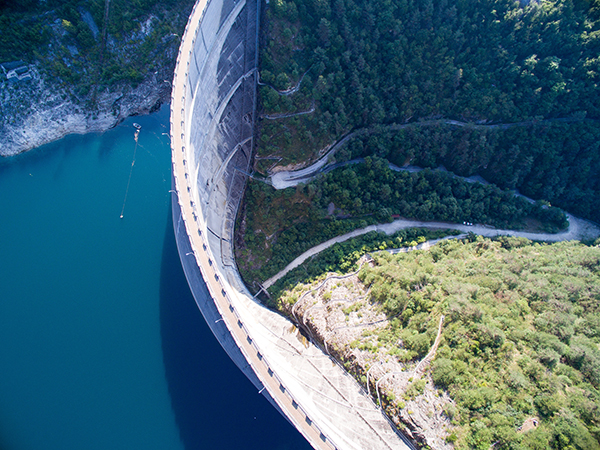Making waves in Africa - but is hydropower the answer?
Africa’s economy has enjoyed a period of rapid expansion in recent years, yet an estimated two-thirds of the population still has no access to electricity. One proposed solution to the energy problem in Africa is to significantly increase investment in hydropower, which – it is argued – is clean, reliable and affordable.
 But is it? We have carried out extensive research into Africa’s growing reliance on hydropower in the light of climate change-induced unpredictability of rainfall and the potential power outages this may cause. If changing rainfall patterns lead to reduced river flow, then the price of energy may rise and power failures become more prevalent, resulting in significant costs to the African economy.
But is it? We have carried out extensive research into Africa’s growing reliance on hydropower in the light of climate change-induced unpredictability of rainfall and the potential power outages this may cause. If changing rainfall patterns lead to reduced river flow, then the price of energy may rise and power failures become more prevalent, resulting in significant costs to the African economy.
Although our findings point to current plans for African dam-building being fairly well matched with river-flow predictions – meaning fears that international donors and national governments are making a series of expensive and environmentally damaging investments may be overstated – a paper written by Birmingham academics explains that predictions of less rainfall and more extreme weather events for certain countries in Africa throw into question the viability of certain planned hydropower investments.
Industrialisation is seen as a key driver to economic success to countries with rural-based economies, and among the factors deemed important to bring this about is infrastructure: energy, in particular water, is vital for industrial production as well as transportation.
Our academics are examining the international aspects of energy security, particularly in developing and newly industrialised countries, and how economic growth affects energy distribution.